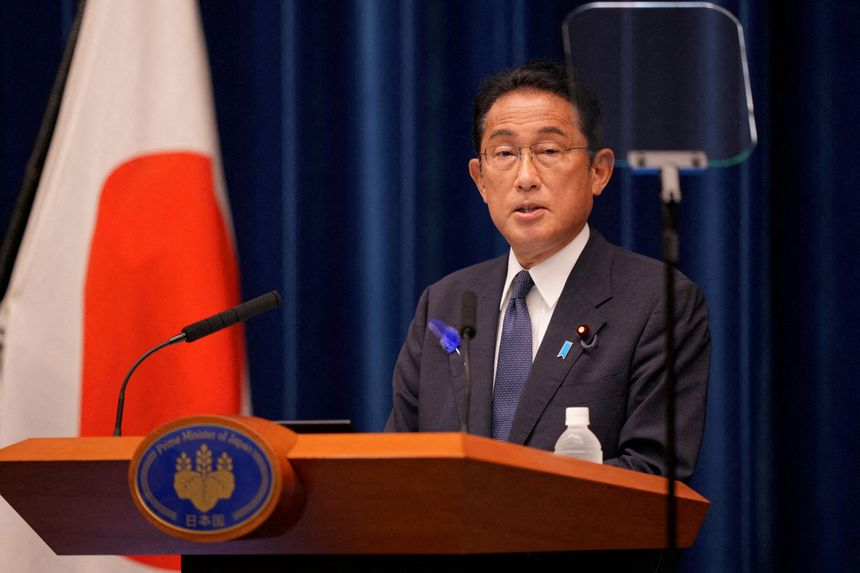Tokyo will aim to bring seven reactors back into service, for a total of 17, and will invest in developing and installing next-generation reactors. Nuclear plants generated about a third of the country’s electricity 20 years ago, according to the International Atomic Energy Agency, but that has fallen to 7.2%. Most of the country’s 33 operational reactors have been offline for years undergoing safety checks.
[...]
As hard as the politics will be, however, Japan has little choice. Japan must import almost all of its coal, oil and natural gas, and the Russian invasion of Ukraine has sent global prices skyrocketing while setting off competition for supply. Japan’s electric grid has barely avoided blackouts this year. The economic costs of chronic energy shortages are starting to loom larger politically than the drawbacks of a nuclear restart.
Perhaps Japan’s decision will get through to Germany, which also started phasing out nuclear after Fukushima and is now mired in a debate about keeping its three remaining reactors online. This should be an easy call as natural gas shortages loom this winter. Advanced economies need reliable base load power, and at least Tokyo understands this.
~ WSJ editorial board, "Japan Revives Nuclear Power," The Wall Street Journal, August 25, 2022


No comments:
Post a Comment